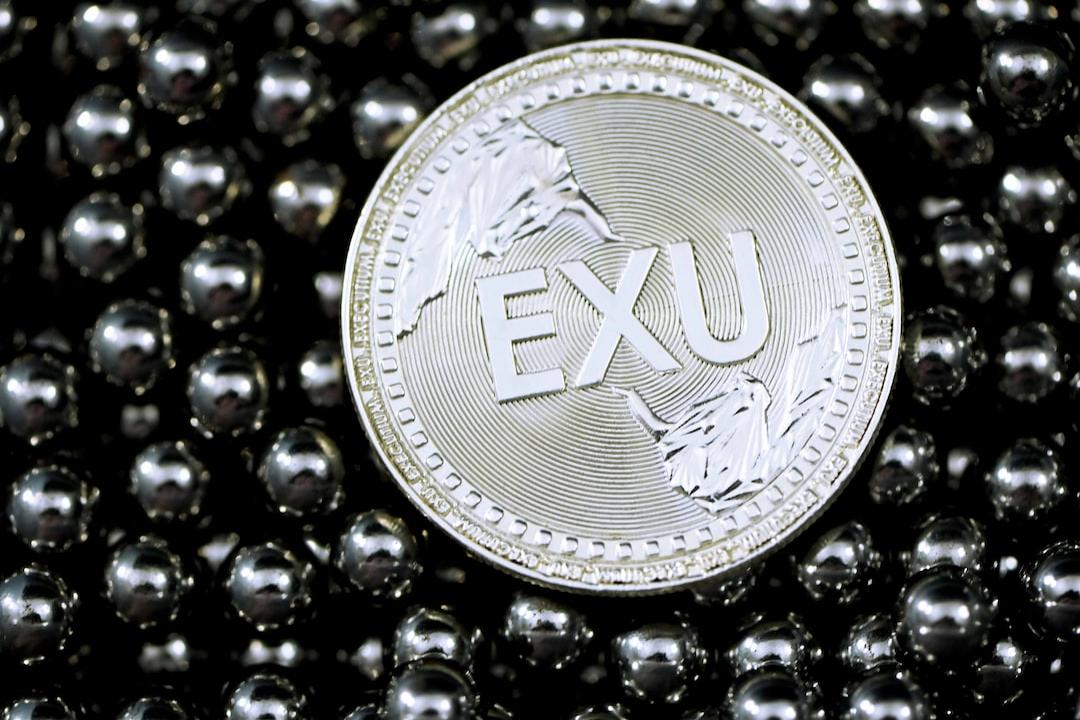
Biden Administration Suggests Implementing Energy Tax on Bitcoin amidst Ongoing National Controversies Surrounding Mining Activities
A heated debate is underway in the United States as Bitcoin prices continue to skyrocket, with concerns mounting over the cryptocurrency’s energy consumption and environmental impact. The Biden administration is urging the cryptocurrency industry to disclose the amount of electricity used in mining operations, while pro-crypto groups are pushing for legislation to protect mining activities from local regulations aimed at curbing their growth.
The recent halving event on April 19, which reduced rewards for miners and increased the cost of introducing new bitcoins into circulation, has raised questions about the production and energy consumption of Bitcoin. Miners have responded by increasing their acquisition of necessary equipment in anticipation of heightened competition. However, these developments have also raised concerns about their environmental impact.
Mandy DeRoche, an attorney with the environmental advocacy group EarthJustice, has expressed worries that the high levels of electricity consumption required for Bitcoin mining will hinder efforts to achieve clean energy targets. EarthJustice has actively sought legal avenues to impede the permitting of new mining facilities. On the other hand, the cryptocurrency industry argues that it should be treated like any other energy consumer, questioning the fairness of singling out Bitcoin miners.
The Biden administration’s March budget proposal included a suggestion to impose a 30% excise tax on the energy used in Bitcoin mining, which has been criticized by Wyoming Senator Cynthia Lummis, a supporter of the mining sector, who believes it could have devastating effects on the industry in the United States.
Environmental data points to a concerning trend in emissions from Bitcoin mining, with projections indicating a significant increase in greenhouse gas emissions in the coming years. Despite this, obtaining accurate data on the total electricity usage of the industry remains challenging, as publicly traded Bitcoin mining companies are the only ones that disclose their energy consumption. The estimate provided by the U.S. Energy Information Administration, which suggests that digital currency mining consumes between 0.6% and 2.3% of the nation’s total power supply, is not based on direct reports from mining facilities.
Bitcoin mining companies argue that they help balance energy demand by participating in “demand response” programs, which allow them to temporarily shut down operations during peak periods to alleviate grid stress. They emphasize their role in supporting grid stability. However, the influx of investment in Bitcoin mining following the approval of a Bitcoin-ETF fund by the Securities and Exchange Commission has drawn criticism from environmental groups concerned about the industry’s energy use.
In response to growing scrutiny, the Department of Energy issued notices to 82 Bitcoin miners in February, demanding that they report their energy usage. However, Riot Blockchain and the Texas Bitcoin Council successfully challenged these demands in court, temporarily halting the government’s survey.
Conflicts over the establishment and expansion of Bitcoin mining operations are escalating across the United States as the government seeks more insight into the industry. EarthJustice is currently involved in a lawsuit aimed at preventing the issuance of permits for a mining facility in New York, and nuisance lawsuits citing disruptive noise have been filed by communities in Arkansas. In response, the Arkansas legislature has introduced two bills to impose stricter licensing and noise regulations for mining operations in the state. New York has taken a more stringent approach by imposing a temporary moratorium on new Bitcoin mining operations that rely on fossil fuels.
In Pennsylvania, a community group has filed a lawsuit against a local Bitcoin mine and government regulators, arguing that the operation violates citizens’ right to a clean environment. The lawsuit highlights concerns about increased air and water pollution from Marathon Digital Holdings’ mining activities, which involve burning coal waste and tires for power.
While some Bitcoin industry advocates are pushing for state-level legislation to restrict the ability of local governments to regulate mining activities independently, others argue that mining companies should work to gain the support of the communities where they operate. They believe that responsible operations are possible and that there are exemplary companies within the industry. Marathon Digital Holdings has opted not to comment on the ongoing lawsuit.
In conclusion, the debate surrounding Bitcoin mining’s energy consumption and environmental impact continues to intensify in the United States, with calls for transparency, regulation, and responsible practices within the industry.













